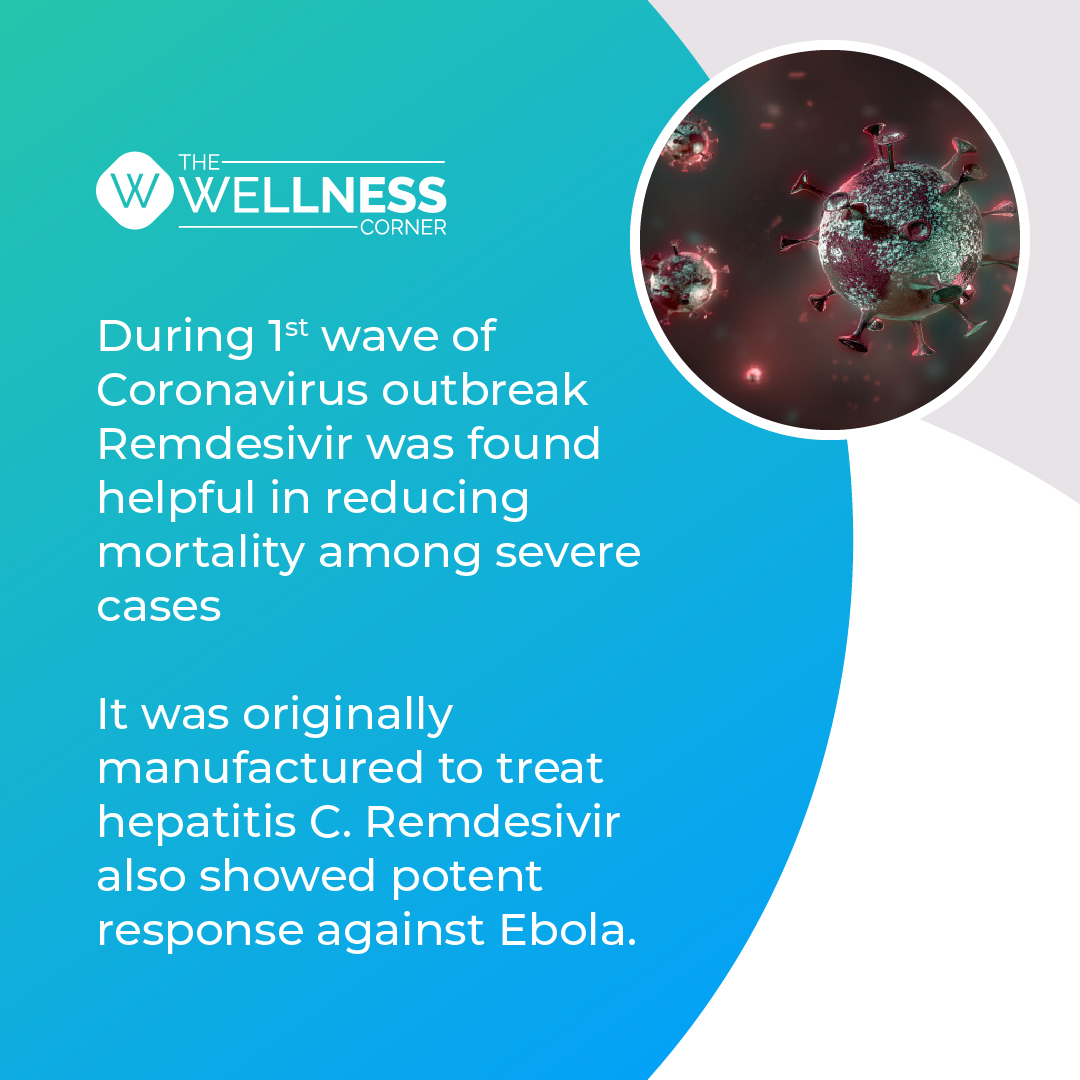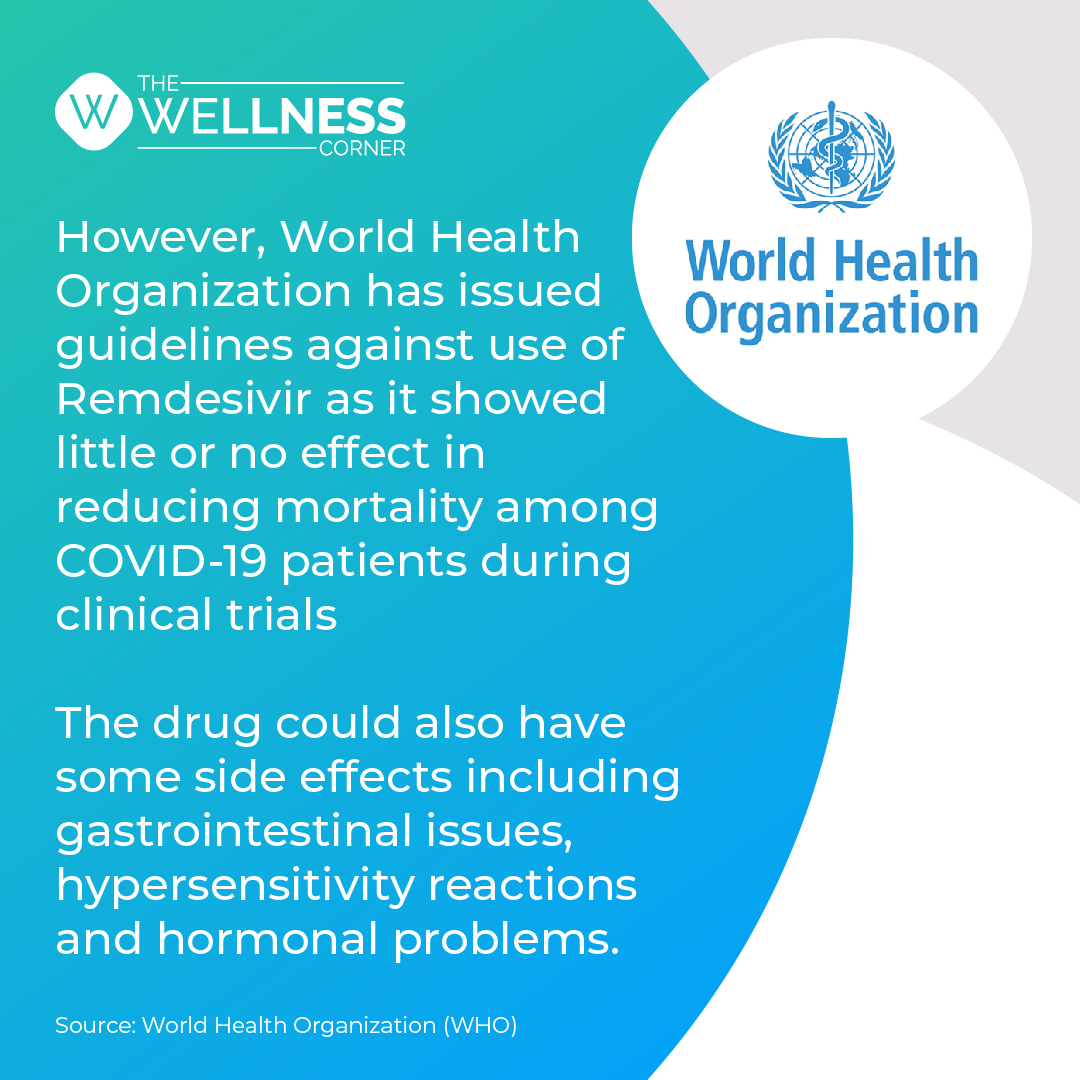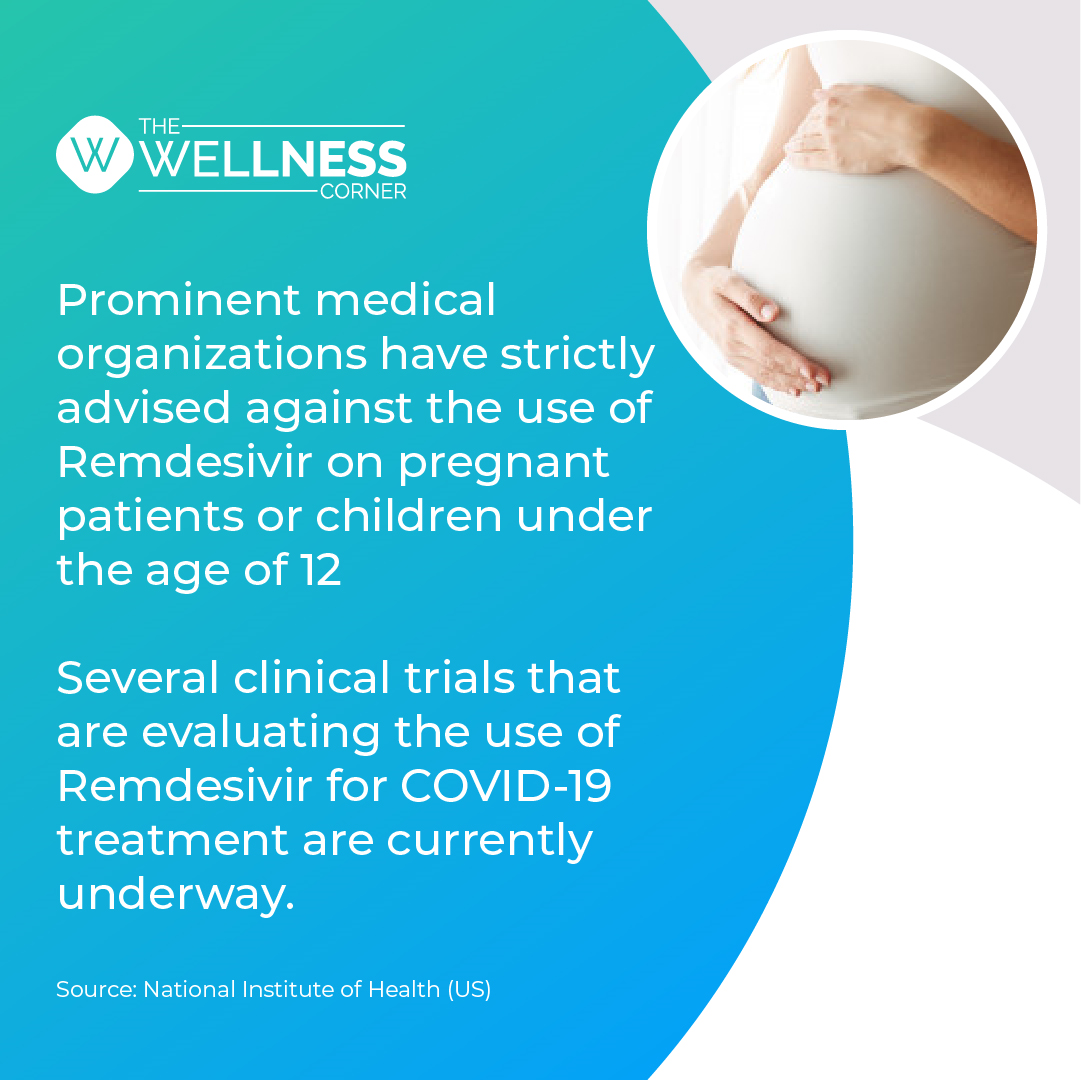What is Remdesivir and How It Works?- Know All About The COVID-19 Drug
- 3 months ago
Remdesivir is being touted as a life-saving drug as the world continues to struggle with the Coronavirus pandemic. It was originally developed to tackle Hepatitis C is now being considered a 'miracle' drug for COVID-19. However, the statistics do not seem to be in its favour as people and some medical agencies say. According to data compiled by the World Health Organization (WHO), remdesivir provided little or no help in reducing mortality among Coronavirus patients during the first wave.
As the world continues to debate on the efficiency of this drug we might not know about its real outcomes during the current wave. In such a case it would only be beneficial that we stay informed about the pros and cons of remdesivir to stay ahead of false information.

How Does Remdesivir Work
Remdesivir is an anti-viral drug that stops the replication of cells infected by COVID-19. It mimics as a part of the viral RNA and inserts itself into the strand during the replication process. The drug prevents any further replication and leaves the RNA strand incomplete, making it susceptible to other treatments. Remdesivir gives the patient’s immune system a much required chance to kick back and fight against the virus.
You may also like: Common side effects after Covid-19 vaccination
Remdesivir Effectiveness

A clinical trial conducted in the year 2020 by the National Institute of Allergy and Infectious Diseases (NIAID), US had found that hospitalized patients who were given remdesivir dose recovered faster than those on a placebo. Patients who had received the drug totalled a recovery rate that was 31 per cent faster than the original number. The data showed that remdesivir works, but it was far from a miracle cure that could solve every patient's woes.
The trial also highlighted limitations associated with remdesivir use concerning age and underlying medical conditions.
Another randomized controlled trial conducted in Wuhan, China, with over 200 participants found no benefits from administering remdesivir. However, its results were not widely accepted as it was more than five times smaller than the NIAID study.
You may also like: What to do if tested negative but still have Covid-19 symptoms
Side Effects of Remdesivir Injection

Time and again, health bodies like the World Health Organization (WHO) and Indian Council of Medical Research (ICMR) have reiterated that remdesivir is a common anti-viral drug that was not initially meant to treat Coronavirus. The clarifications came as several patients faced side effects of remdesivir injection. The US FDA has also urged doctors not to use remdesivir on asymptomatic patients as the injection's side effects could very well surpass its benefits in such cases.
Remdesivir has some common side effects like-
- Nausea & Vomiting
- Shortness of Breath
- Fever
- Swelling of Lips, Face or Throat
Several doctors have also reported elevated liver enzyme levels in patients who have received remdesivir. High liver enzyme levels could be a sign of liver injury.
You may also like: New Symptoms Discovered in Second Wave of COVID-19 in India

Why is Everyone Running Behind Remdesivir?
India is recording over 3.5 lakh new daily Coronavirus cases for the past week. In a situation like this, when there is absolute pressure over the healthcare system to reduce mortality and infection rate, medicine is needed in huge quantities. There are only a few options, including remdesivir present for doctors to treat severe Coronavirus patients, and hence there are prescribing this drug.
While data from the US and Europe suggested against remdesivir, the initial findings from India encourage its use as a life-saving drug. Remdesivir vials are short in supply because of the vast gap between production and its current demand.
Timely Testing Could be Better Than Remdesivir
Experts are now focusing their attention on timely testing as medicines and other equipment fall short in supply. COVID-19 test, if conducted on time, can save a person's life by providing them with treatment and care on time. You also book COVID-19 RT-PCR test @ home with The Wellness Corner. Getting the test done at home will save precious time and energy for the patient. Early treatment could also significantly reduce a person's chances of getting a severe COVID-19 infection that would require remdesivir administration.








